The State and the Self
Off the Fence: Morality, Politics and Society
The series is published in partnership with the Centre for Applied Philosophy, Politics & Ethics (CAPPE), University of Brighton.
Series editors:
Bob Brecher, Professor of Moral Philosophy, University of Brighton
Robin Dunford, Senior Lecturer in Globalisation and War, University of Brighton
Michael Neu, Senior Lecturer in Philosophy, Politics and Ethics, University of Brighton
Off the Fence presents short, sharply argued texts in applied moral and political philosophy, with an interdisciplinary focus. The series constitutes a source of arguments on the substantive problems that applied philosophers are concerned with: contemporary real-world issues relating to violence, human nature, justice, equality and democracy, self and society. The series demonstrates applied philosophy to be at once rigorous, relevant and accessible philosophy-in-use.
Titles in the series:
The Right of Necessity: Moral Cosmopolitanism and Global Poverty, Alejandra Mancilla
Complicity: Criticism between Collaboration and Commitment, Thomas Docherty
The State and the Self: Identity and Identities, Maren Behrensen
Just Liberal Violence: Sweatshops, Torture, War, Michael Neu (forthcoming)
The State and the Self
Identity and Identities
Maren Behrensen

London New York
Published by Rowman & Littlefield International Ltd
Unit A, Whitacre Mews, 2634 Stannary Street, London SE11 4AB
www.rowmaninternational.com
Rowman & Littlefield International Ltd. is an affiliate of Rowman & Littlefield
4501 Forbes Boulevard, Suite 200, Lanham, Maryland 20706, USA
With additional offices in Boulder, New York, Toronto (Canada), and Plymouth (UK)
www.rowman.com
Copyright 2017 by Maren Behrensen
All rights reserved. No part of this book may be reproduced in any form or by any electronic or mechanical means, including information storage and retrieval systems, without written permission from the publisher, except by a reviewer who may quote passages in a review.
British Library Cataloguing in Publication Data
A catalogue record for this book is available from the British Library
ISBN: HB 978-1-78348-579-6
PB 978-1-78348-580-2
Library of Congress Cataloging-in-Publication Data Available
ISBN: 978-1-78348-579-6 (cloth : alk. paper)
ISBN: 978-1-78348-580-2 (pbk. : alk. paper)
ISBN: 978-1-78348-581-9 (electronic)
 The paper used in this publication meets the minimum requirements of American National Standard for Information Sciences Permanence of Paper for Printed Library Materials, ANSI/NISO Z39.481992.
The paper used in this publication meets the minimum requirements of American National Standard for Information Sciences Permanence of Paper for Printed Library Materials, ANSI/NISO Z39.481992.
Printed in the United States of America
This is a song written by a much younger man than me
who had the same social security number.
John Darnielle of The Mountain Goats,
during a show at Bottom of the Hill, San Francisco, in March 2008.
Contents
Acknowledgements
The longer I worked on this book, the less complete it seemed. What I am about to submit now is, like any manuscript, an unfinished work and I am certain that there are many ways in which it could be rewritten and improved. Yet the beauty of unfinished works is that others are invited to continue them. My hope is that this book will be such an invitation.
My sincere thanks go to Bob Brecher, whose patience, careful reading and constructive criticism kept my writing and my thinking honest and improved this work in countless ways. I am very grateful to the friends who have discussed the topics in this book with me over the years, challenging me and providing me with new cases and examples to think about; to the anonymous reviewers for Rowman & Littlefield who provided valuable feedback during an early stage of this project; and to Marianne Heimbach-Steins and to my colleagues at the Institute for Christian Social Ethics in Mnster, who provided the best possible work environment in which to finish it.
Chapter 1
The Metaphysics of Personal Identity
In the early morning hours of 31 August 2004, a Burger King employee in Richmond Hill, Georgia, found a naked, unconscious man behind the restaurants dumpster. The man had several head injuries, his body was sunburnt and covered in ant bites, and he appeared to be in his late fifties or early sixties. He was nursed back to good physical health in the following weeks and months by hospitals and shelters, and a charity organization paid for eye surgery to remove cataracts that had left him blind.
But when the man had regained full consciousness, he could not remember who he was or what he had been doing in Georgia. He had no identity documents on him when he was found and he could remember only vague fragments of his previous life, with at least a twenty-year gap between what seemed like his memories of living in Indiana and Colorado and his reappearance in Richmond Hill. One of these vague fragments was the given name Benjaman and so the man eventually adopted the name Benjaman Kyle, in part, because its initials corresponded to those of the case name assigned to him at the first hospital that had treated him: Burger King Unknown. Although his injuries suggested an attack, local police never launched an official investigation into Kyles case. The doctors and nurses who tended to him assumed that his inability to recall his identity and his history would be temporary. But Kyles memory never returned. Three years later, he was diagnosed with severe retrograde amnesia.
1.1 THE CURIOUS CASE OF BENJAMAN KYLE
Kyles story attracted local and national media interest in the United States. In 2008, he appeared on the Dr. Phil show in an attempt to find people who could remember him and tell him who he was. But this plea to reconstruct his identity was as unsuccessful as the FBIs efforts to find his fingerprints in their databases and to list him as a missing person although it was not his physical presence but his history that was missing. Unlike in standard missing person cases, Kyles whereabouts were known but his official identity was unknown, and there were no traces of Kyles former life that could be tied to his current self. In 2009, genealogical detective, Colleen Fitzpatrick, assembled a research team to uncover Kyles genetic history. They worked on his case for years. Fitzpatricks team narrowed the pool of Kyles potential genetic relatives to two family names, but then Kyle suddenly broke off all contact with her not unlike other instances in which he alienated those who attempted to help him.
In 2011, John Wikstrom, then a film student at Florida State University, sought out Kyle to shoot a documentary about him. The short documentary, Finding Benjaman, became another plea for help. When Wikstrom found Kyle, he was sleeping in a park in Jacksonville, living off donations and whatever little money he could earn under the counter. In the seven years since the incident in Richmond Hill, Kyle had been unable to re-establish an official identity. Authorities assumed that he had been registered somewhere in the United States under his former name and social security number, but because Kyle remembered neither and could not produce any other valid identification, they refused to issue a new identity. Without a social security number or any other form of official identity, he could not be lawfully employed, he could not access public resources such as libraries or schools, and he could not sign contracts and was thus unable to rent an apartment or buy a mobile phone. Even homeless shelters had turned him away.

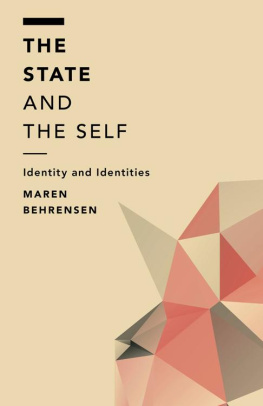
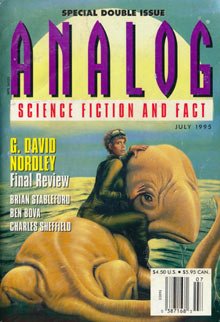


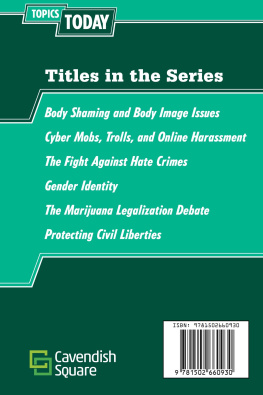
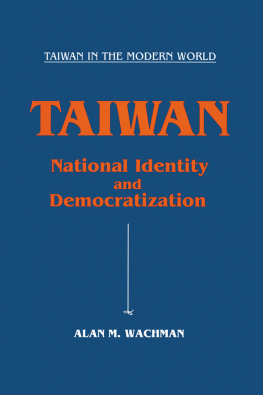
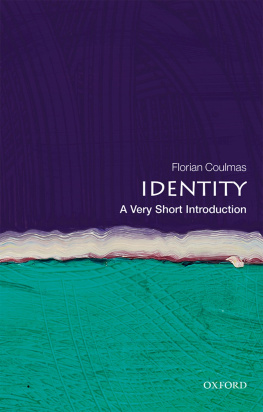

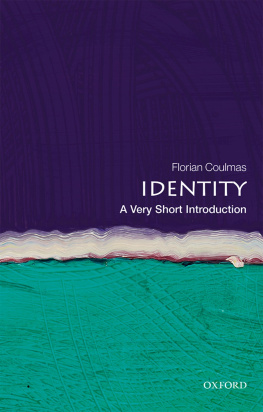
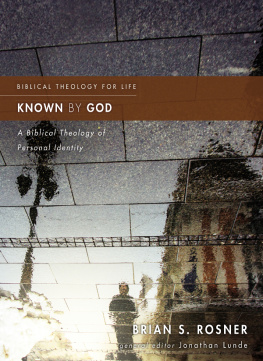
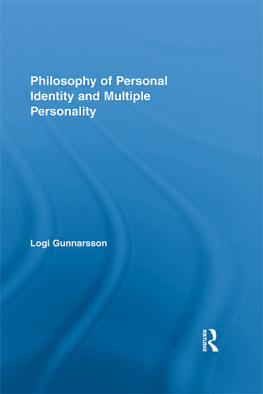

 The paper used in this publication meets the minimum requirements of American National Standard for Information Sciences Permanence of Paper for Printed Library Materials, ANSI/NISO Z39.481992.
The paper used in this publication meets the minimum requirements of American National Standard for Information Sciences Permanence of Paper for Printed Library Materials, ANSI/NISO Z39.481992.